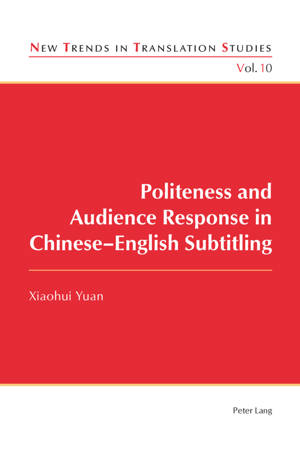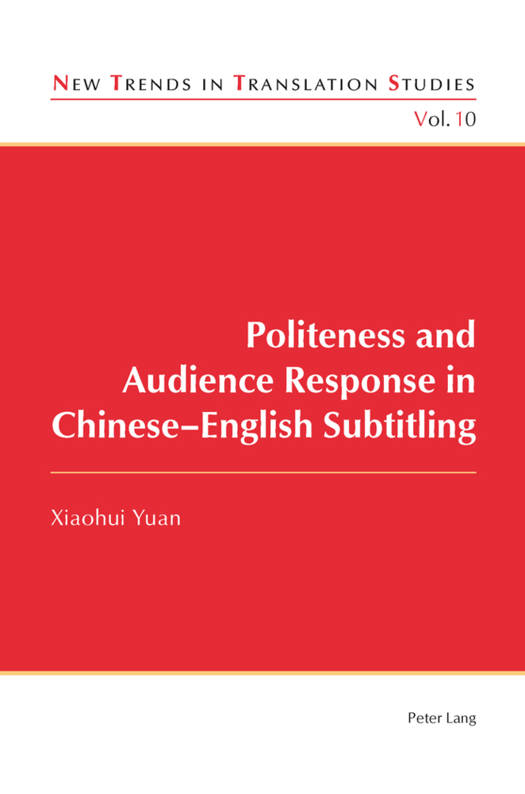
- Afhalen na 1 uur in een winkel met voorraad
- Gratis thuislevering in België vanaf € 30
- Ruim aanbod met 7 miljoen producten
- Afhalen na 1 uur in een winkel met voorraad
- Gratis thuislevering in België vanaf € 30
- Ruim aanbod met 7 miljoen producten
Zoeken
Omschrijving
The aim of this book is to study how politeness, and particularly face negotiation, is dealt with when subtitling between Chinese and English. Face negotiation refers to the process of managing relationships across different cultures through verbal and nonverbal interactions. This research specifically investigates how British and Chinese audiences respond to face management through a study focused on film subtitling and viewers' reception and response.
The book offers a survey of the developments in research on face management in Far East cultures and in the West. The author then presents a composite model of face management for analysing face interactions in selected Chinese and English film sequences as well as its representation in the corresponding subtitles. Support for the research is provided by audience response experiments conducted with six Chinese and six British subjects, using one-on-one interviews. The audience responses show that viewers who rely on subtitles gain a significantly different impression of the interlocutors' personality, attitude and intentions than those of native audiences. The results also demonstrate that the nature of the power relations between interlocutors changes from the original to the subtitled version.
The book offers a survey of the developments in research on face management in Far East cultures and in the West. The author then presents a composite model of face management for analysing face interactions in selected Chinese and English film sequences as well as its representation in the corresponding subtitles. Support for the research is provided by audience response experiments conducted with six Chinese and six British subjects, using one-on-one interviews. The audience responses show that viewers who rely on subtitles gain a significantly different impression of the interlocutors' personality, attitude and intentions than those of native audiences. The results also demonstrate that the nature of the power relations between interlocutors changes from the original to the subtitled version.
Specificaties
Betrokkenen
- Auteur(s):
- Uitgeverij:
Inhoud
- Aantal bladzijden:
- 238
- Taal:
- Engels
- Reeks:
- Reeksnummer:
- nr. 10
Eigenschappen
- Productcode (EAN):
- 9783034307321
- Verschijningsdatum:
- 21/03/2012
- Uitvoering:
- Paperback
- Formaat:
- Trade paperback (VS)
- Afmetingen:
- 152 mm x 229 mm
- Gewicht:
- 344 g

Alleen bij Standaard Boekhandel
+ 115 punten op je klantenkaart van Standaard Boekhandel
Beoordelingen
We publiceren alleen reviews die voldoen aan de voorwaarden voor reviews. Bekijk onze voorwaarden voor reviews.











